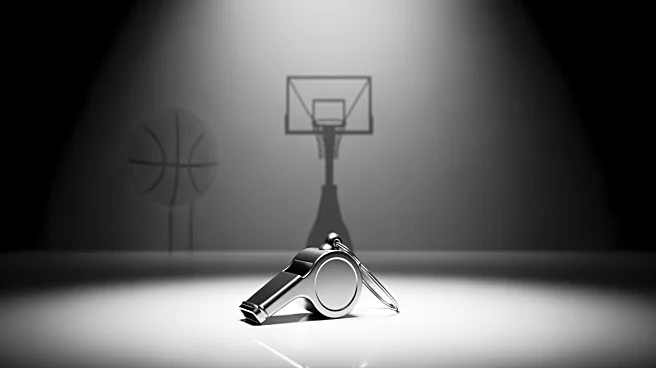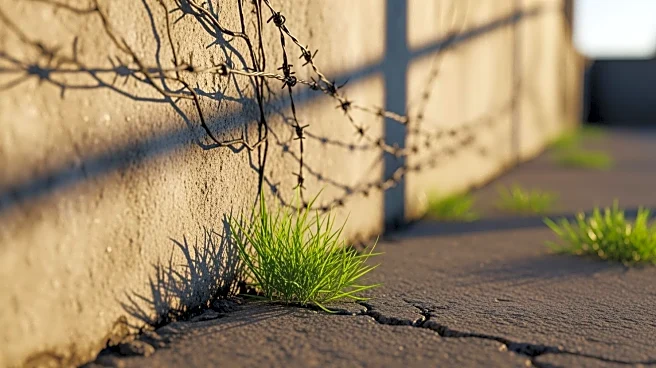What's Happening?
The Seattle Storm have decided not to renew the contract of head coach Noelle Quinn for the 2026 season. This decision comes after the team experienced its second consecutive first-round playoff exit,
losing 74-73 to the Las Vegas Aces. Under Quinn's leadership, the Storm finished the regular season as the WNBA's No. 7 seed with a 23-21 record, a decline from the previous year's 25-15 record. Quinn, who began her career with the Storm as a player in 2013, transitioned to coaching after retiring in 2018. She took over as head coach in mid-2021 and led the team to the playoffs in four of her five seasons.
Why It's Important?
The decision to part ways with Noelle Quinn marks a significant shift for the Seattle Storm, a team with a strong legacy in the WNBA. Quinn's departure could signal a new direction for the franchise as it seeks to improve its playoff performance and overall standing in the league. The Storm's management, led by GM Talisa Rhea, expressed gratitude for Quinn's contributions, highlighting her commitment to player development and organizational success. This change may impact team dynamics and strategies, influencing future player acquisitions and coaching hires.
What's Next?
The Seattle Storm will likely begin the search for a new head coach to lead the team into the next season. This transition period may involve evaluating potential candidates who can enhance the team's competitive edge and playoff prospects. The Storm's management will need to consider how this change aligns with their long-term goals and the development of their roster. Fans and stakeholders will be watching closely to see how the team navigates this pivotal moment in its history.
Beyond the Headlines
Noelle Quinn's departure raises questions about the challenges faced by female coaches in professional sports, particularly in maintaining consistent success and navigating organizational expectations. The Storm's decision reflects broader trends in sports management where performance metrics heavily influence coaching tenure. This situation may spark discussions on the support systems and resources available to female coaches in the WNBA and other leagues.









